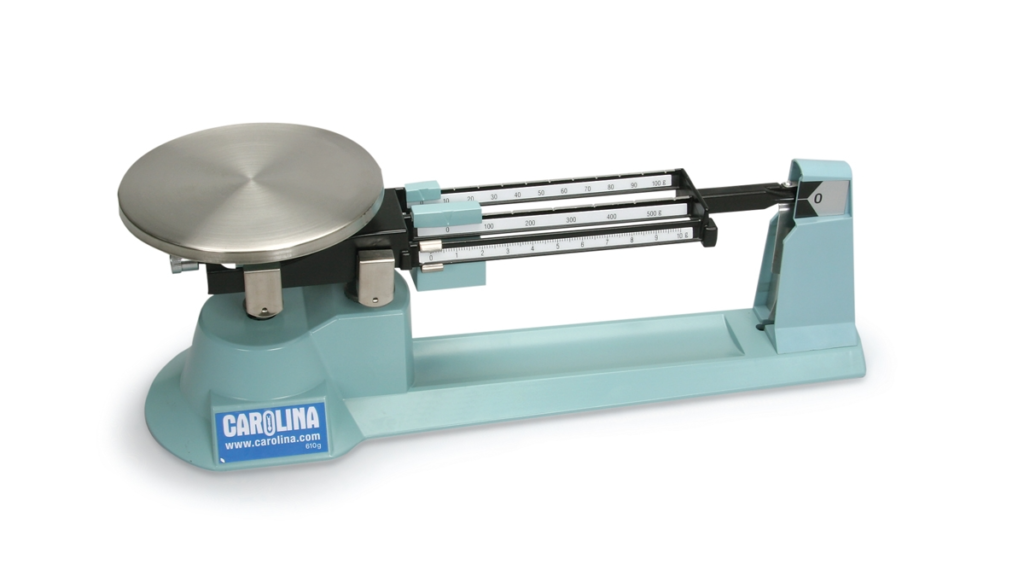When considering which balance is best for your application, the first decision you’ll need to make is whether to choose a mechanical or electronic balance.
Mechanical or electronic?
When considering which balance is best for your application, the first decision you’ll need to make is whether to choose a mechanical or electronic balance. Mechanical balances are usually used in elementary and middle school classes to teach basic weighing techniques. These balances, due to their hands-on nature, also help students develop manual dexterity and show them how mechanical movement is translated into a measurement value. Mechanical balances do not require electrical power. They have a fixed weighing unit, fixed weighing mode, and no computer connectivity for recording and storing measurement data.
Electronic balances are primarily used in high school and college classes. Easy and fast to operate, these balances enable students to use their lab time more productively when performing complex, multistep experiments. Electronic balances require electrical power, either from batteries or a plug-in adapter. Advanced functions include selectable weighing units, selectable weighing modes, and computer connectivity for recording and storing measurement data.
Major features of electronic and mechanical balances
| Mechanical | Electronic |
| For elementary school and above | For high school and above |
| Hands-on learning approach | Easy, fast measurements |
| Nonelectric | Electric |
| Fixed weighing unit | Selectable weighing units |
| Fixed weighing mode | Selectable weighing modes |
| No computer connectivity | Computer connectivity |
Understanding balance specifications
The following specifications describe key balance capabilities. Understanding these specifications can help you choose the balance that best meets your application’s requirements.
Tip: Be sure to read individual product descriptions carefully because they may include additional specifications pertinent to your application.
Capacity
The maximum weight the balance can measure. Choose a balance with 10 to 15% more capacity than your application requires.
Readability
The smallest difference in weight that the balance can display. Choose a balance that meets or exceeds the readability that your application requires.
Repeatability
The accuracy of the balance in measuring the same weight within a given time. Choose a balance that meets or exceeds the repeatability that your application requires.

Weighing Units
The units of measure that the balance can display. Choose a balance with the weighing units that your application requires.
Note: Electronic balances offer selectable weighing units and mechanical balances do not.
Weighing Modes
The balance’s ability to perform specialized weighing tasks. Examples of this include percent weighing, parts counting, and animal weighing. Choose a balance that offers the weighing modes that your application requires.
Note: Electronic balances offer selectable weighing modes and mechanical balances do not.
Environment
The range of environmental conditions (typically temperatures) in which the balance can provide accurate measurements. Choose a balance that provides accurate measurements under the environmental conditions in which it will be used.
Connectivity
The balance’s ability to connect to a computer and record and store measurement data. Choose a balance with an RS232 or USB port if your application requires computer connectivity.
Note: Electronic balances offer computer connectivity and mechanical balances do not.
About The Author
Carolina Staff
Carolina is teamed with teachers and continually provides valuable resources–articles, activities, and how-to videos–to help teachers in their classroom.

